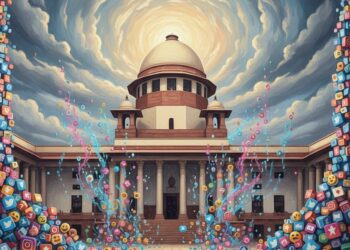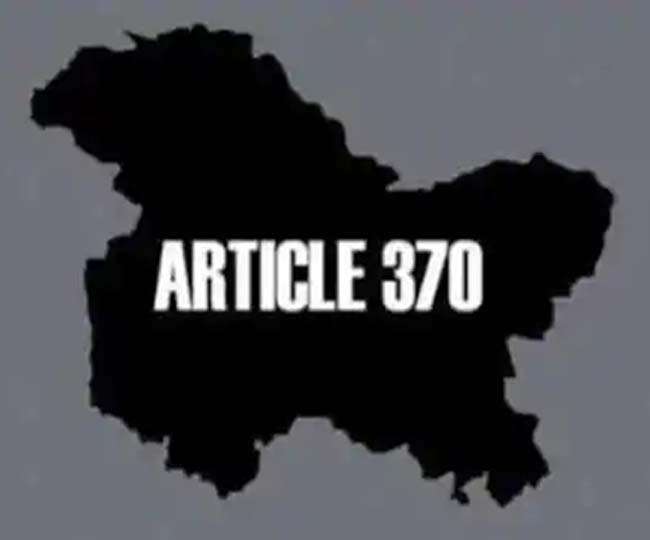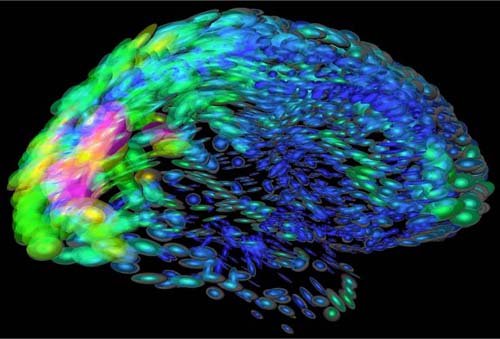Supreme Court’s ‘Judicial Adventurism’ judgment could not have come at a more inopportune moment and in no worse form than obiter dicta. At a time when the walls of Parliament are still trembling with the parliamentarians’ deafening cry for ‘judicial accountability’ and when the Indian legislature seems to be bent upon ‘reining in’ the judiciary that has been fiercely independent all these years, a two-judge bench asks its own ilk to take note of the threat held out by the legislature.
When, armed with the imaginary stick of ‘judicial corruption’, the legislature appears to be in a mood to make the judiciary pliant, the last thing that Indian judiciary can afford is to be seen as a scared lot. Higher judiciary is a citizen’s final line of defence against violation by the state, and if the supreme custodian of the Constitution, and the ultimate protector of Fundamental Rights, throws its hands up, it makes the situation hopelessly helpless.
So far as the judgment itself is concerned, it stands on trembling knees, to say the least. The ratio decidendi of judgment is in some 1350 words while the obiter dicta is couched in around 3340 words, making the obiter dictamore than double the size of the ratio decidendi and dwells upon a crucial constitutional question without the Bench being called upon to do so.
The effect of the judgment was that a Supreme Court Bench of the same strength declined to hear a PIL it has been hearing for several years concerning the rights of the sex workers. Delhi High Court too refused to hear a PIL on account of the decision. Though the observations were made obiter dicta but had a similar effect as a binding decision would have because of the nature of the issue concerned. Constitutionality of judicial actions cannot be debated in obiter dicta simply because even a light reference to the constitutional position of an act or issue by a Supreme Court bench could have a far reaching effect.
 The Bench remarked: If there is a law, Judges can certainly enforce it, but Judges cannot create a law and seek to enforce it. This observation clearly implies that the primary function of the courts is to enforce the law, which is true to a larger extent. But the laws are not enforced simply because they are the ‘laws’ because if that were the position, all laws would be constitutional simply because they are ‘laws’ in the sense that they were passed in accordance with the constitution and by following the procedure enshrined therein for the purpose. But that is not the position because the laws must not violate the fundamental rights. The Supreme Court and the High Court, therefore, are not just the enforcers of the law but also the protectors of the fundamental rights, and if the need be they are empowered to legislate in order to protect the fundamental rights. So, judges certainly ‘can create a law and seek to enforce it’. This is because there can be violation of fundamental rights without there being a violation of any existent law and in order to prevent such violation a law may be required and the courts cannot say that they cannot afford any protection unless the legislature enacts a law. On many occasions the Supreme Court benches larger than this bench have held to that effect. By expressing a view that appears to be diametrically opposite to the view held by larger benches, the judgment seems to have violated the doctrine of precedent.
The Bench remarked: If there is a law, Judges can certainly enforce it, but Judges cannot create a law and seek to enforce it. This observation clearly implies that the primary function of the courts is to enforce the law, which is true to a larger extent. But the laws are not enforced simply because they are the ‘laws’ because if that were the position, all laws would be constitutional simply because they are ‘laws’ in the sense that they were passed in accordance with the constitution and by following the procedure enshrined therein for the purpose. But that is not the position because the laws must not violate the fundamental rights. The Supreme Court and the High Court, therefore, are not just the enforcers of the law but also the protectors of the fundamental rights, and if the need be they are empowered to legislate in order to protect the fundamental rights. So, judges certainly ‘can create a law and seek to enforce it’. This is because there can be violation of fundamental rights without there being a violation of any existent law and in order to prevent such violation a law may be required and the courts cannot say that they cannot afford any protection unless the legislature enacts a law. On many occasions the Supreme Court benches larger than this bench have held to that effect. By expressing a view that appears to be diametrically opposite to the view held by larger benches, the judgment seems to have violated the doctrine of precedent.
Among the instances of ‘judicial adventurism’ the Bench cites ‘age and other criteria for nursery admissions…the kind of air Delhites breathe… the legality of constructions in Delhi…identifying the buildings to be demolished’. Who will protect the rights of the children, our right to clean air and who would pronounce upon the ‘legality of constructions in Delhi’, if not the courts? Would the courts say that they are helpless if the elected governments do not protect the fundamental rights of the citizens? Who is the supreme constitutional protector of our fundamental rights – the executive, the legislature or the Supreme Court? The courts cannot refuse to protect the fundamental rights even if the elected governments turn a blind eye to it. This is where even a breakdown of constitutional machinery can be declared by the superior courts.
Worse, the Bench sounded the warning by referring to President Roosevelt’s threat to reconstitute the US Supreme Court with six Judges nominated by him when the US Supreme Court started striking down a series of legislative enactments during the 1930s. The threat was never carried out, as “this threat was enough,” observed the bench making it clear that if the Indian Supreme Court did not take a more pliant approach, it could face a similar situation. “The politicians will then step in and curtail the powers,” says the Bench. So, our ever so brave Supreme Court is suddenly interested in self-preservation? And this, when the Supreme Court next door has defiantly upheld the supremacy of the constitution in a nation where constitutions have meant little to the ruling class.
Occasionally, there has been a certain amount of judicial overreach, but not enough to warrant a judgment of this kind. Making such blanket observations on such an enormously important constitutional issue in obiter dictais arguably ‘judicial adventurism’ of the most astounding kind.
Originally written for and published in LAWYERS UPDATE (January 2008 issue).






